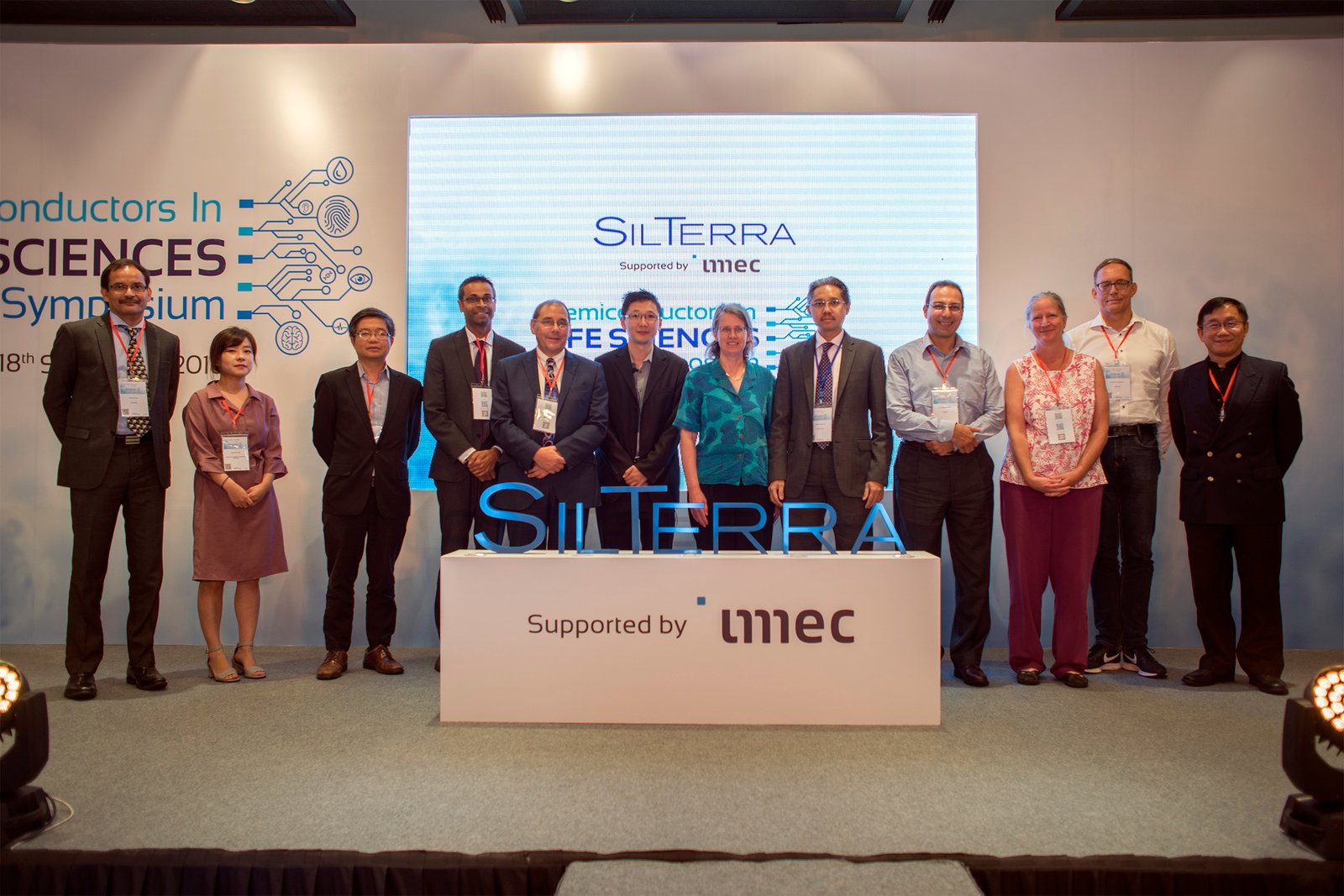
Global experts from Europe, US and Asia, who presented at the Semiconductors in Life Sciences Symposium.
Singapore - SilTerra, an award-winning Malaysian semiconductor company, sees potential in an emerging market which combines the best of life sciences and nanotechnology. The life sciences market is expected to grow from $9.45 billion in 2016 to reach $25.60 billion by 2023 with a CAGR of 15.3%.
Ranked by IC Insight, a well known industry analyst, as the top 16th pure-play global semiconductor company, SilTerra, a wholly owned Khazanah Nasional company is kickstarting an ecosystem to support the development of life sciences in Malaysia and within the region by organising a first-in-Asia Semiconductors in Life Sciences Symposium.
“SilTerra aims to catalyze the development of a wide range of nanoelectronics-based life sciences devices by connecting global thought leaders and research experts who are already established in their fields.
Combining both life sciences and nanotechnology is a complex field requiring a gamut of expertise such as microbiologists, healthcare providers, device manufacturers and test equipment vendors. It is both exciting and extremely challenging, as it needs to bring together technologists who have rarely collaborated together.
SilTerra attributes much of its recent innovation and ability to navigate the complexity of life sciences technologies to its existing partnership with imec, the world’s leading research and innovation hub in nanoelectronics and digital technologies.
Through this partnership which began in 2004, SilTerra has since achieved a number of cutting edge solutions. The most recent being the development of a chip that powers the world’s most accurate DNA sequencer - which performs genome sequencing more rapidly than ever before.
SilTerra is also actively developing biosensors that can be incorporated into IOT devices (Internet of Things) and point-of-care (POC) devices, some of which may be many times smaller than the traditional lab equipment currently needed.
POC devices will allow direct access to detect and diagnose microorganisms, pathogens, virus, bacteria and eventually diseases such as dengue, malaria and cancer without having to wait for lengthy lab results.
Tan Eng Tong, SilTerra’s Vice President of Strategic Management who coordinated the symposium explained, “By organising this symposium, we hope to accelerate collaboration between manufacturers and healthcare professionals to engage in new innovative ways to propel health technology in Malaysia to the next level.”




